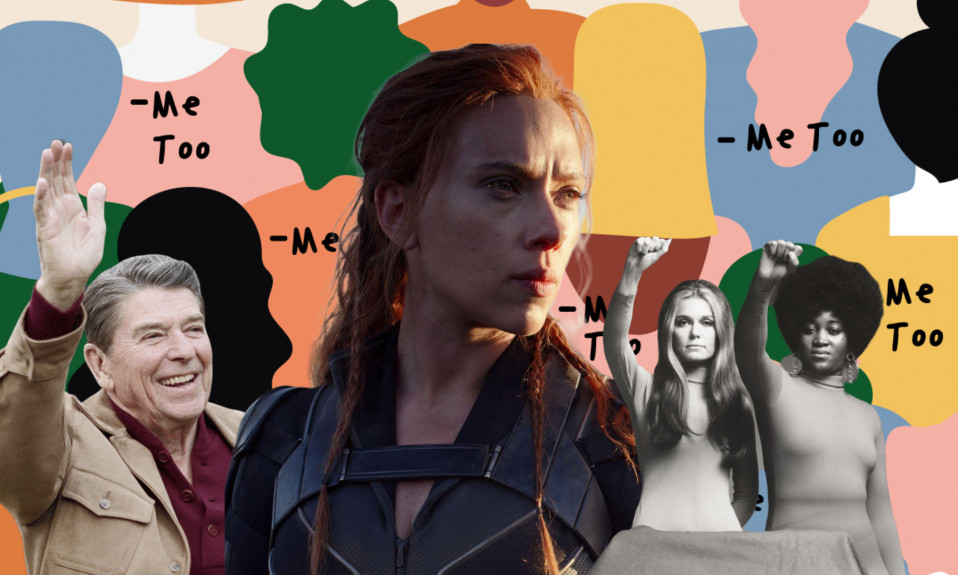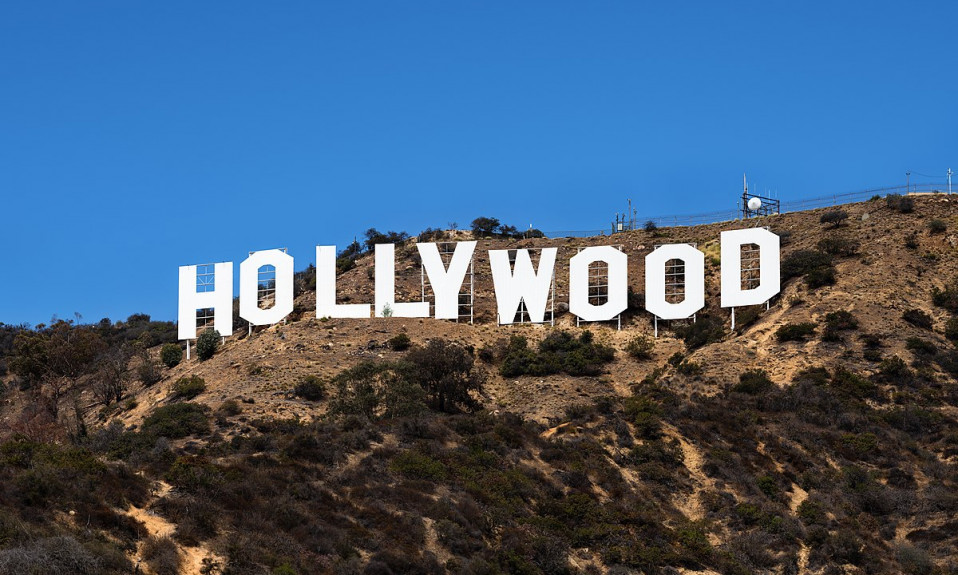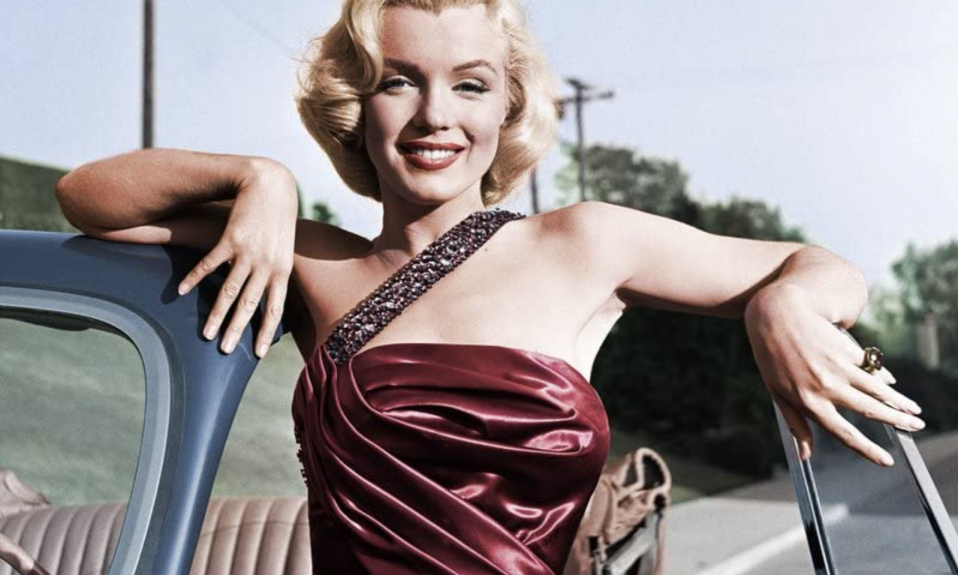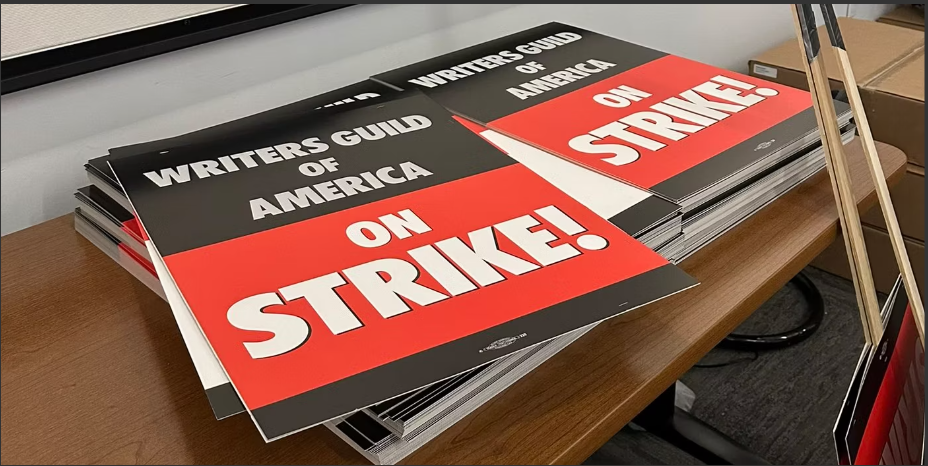In the autumn of 2017, I was sat around a table in a pub with about five or six friends. Aside from me, they were all female, and we had been sitting, catching up, for a few hours or so when the topic of the moment of that time came up: #MeToo. We were astounded by the stories coming out, each with its own horrific and sobering details. We had all read the pieces in The New Yorker and The New York Times. We’d heard the news presenters on television speak about more and more allegations; more and more men were being brought to account.
When the discussion turned to the prevalence of sexual assault and harassment, one by one, each of us disclosed the details of various things that had happened to us. There were stories of unwanted advances on work-nights-out, reassessments of consent in light of this new movement, and a lot of self-blaming regarding how things had all played out. While our experiences all differed, we all had one distinct thing in common: we had told no one. We had not sought out workplace protocols, or been to the police, or reported our experience in any other way that might have presented itself. Instead, we all decided that it was our personal burden to bear.
Now, as those once disgraced stars return to work or get out of jail on a technicality, I have been wondering about that night. At the time, it seemed to illuminate all we had been discussing in the news; the power dynamics at play and the ideas of shame or guilt were so strong that none of us had reported it. And yet, now, around four years later, nothing has changed; those actions we spoke about that night remain just as horror stories told between friends.
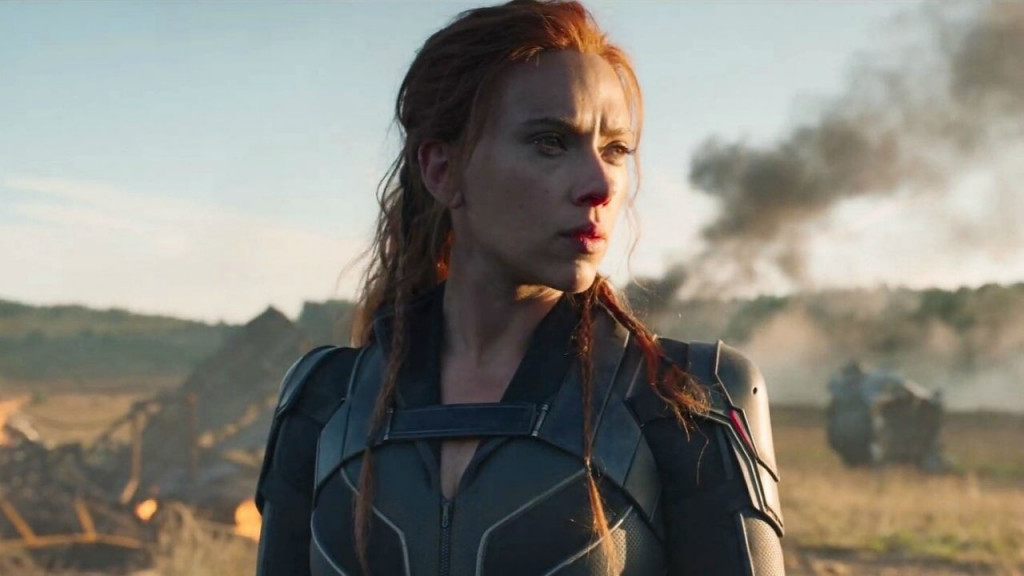
Thinking back to the night and the sense of promise in those early stages of the Me Too movement, I began to wonder about something. In the 1980s, the devil himself, Ronald Regan, introduced a new economic policy that came to be known as “trickledown economics”. It has since been widely discredited as a viable solution but, under his plan, the wealthiest received tax cuts on the incorrect assumption that those rich folks would then invest that money into jobs or society, and it would “trickle-down” to help the poor. In actuality (as most rational people might have guessed would happen) they did not spend it but rather hoarded it for themselves. This policy pushed as a way of helping more impoverished communities did not affect them in the proposed way. Instead, it meant that, with less money being paid in taxes by the wealthy elite, services and programmes that the poor in America relied on were cut or severely underfunded.
Essentially, this same idea can be applied to Hollywood—only without one specific Republican figurehead. Instead, mainstream feminists suggest that Hollywood is the perfect battlefield in the fight for equality, but fail to consider what that really means for the average person.
There has long been an idea that narratives played out by celebrities, not unlike Greek Gods for ancient men, represent something about how we, the ordinary people, live our lives; that some lessons are to be learned, or that somehow it will shift the culture. When the news explains that celebrities are fighting for equal pay, speaking out against sexism, homophobia or transphobia, or commenting on experiences of sexual harassment, it feels as though the suggestion is that a trail is being blazed, that the fruit of celebrity labours will be borne for us all. And yet, increasingly, these actions seem further and further removed from the reality of most people. Recently, when Scarlett Johansson filed a shocking lawsuit against Disney, mainstream feminists online lorded the power move of a woman demanding what she’s worth. However, while the essence of the politics at the centre of that suit may be the same as that of other equal pay disputes, the practicalities are not; one millionaire suing a corporation does not a feminist movement make. In fact, those affected by the gender pay gap are not those in the corporate world or Hollywood, but they are primarily black and brown women who stand to earn, on average, around 40% less than their white male colleagues and approximately 20% less than their white female ones. These women will not see the rewards of Johansson’s feminist stance.
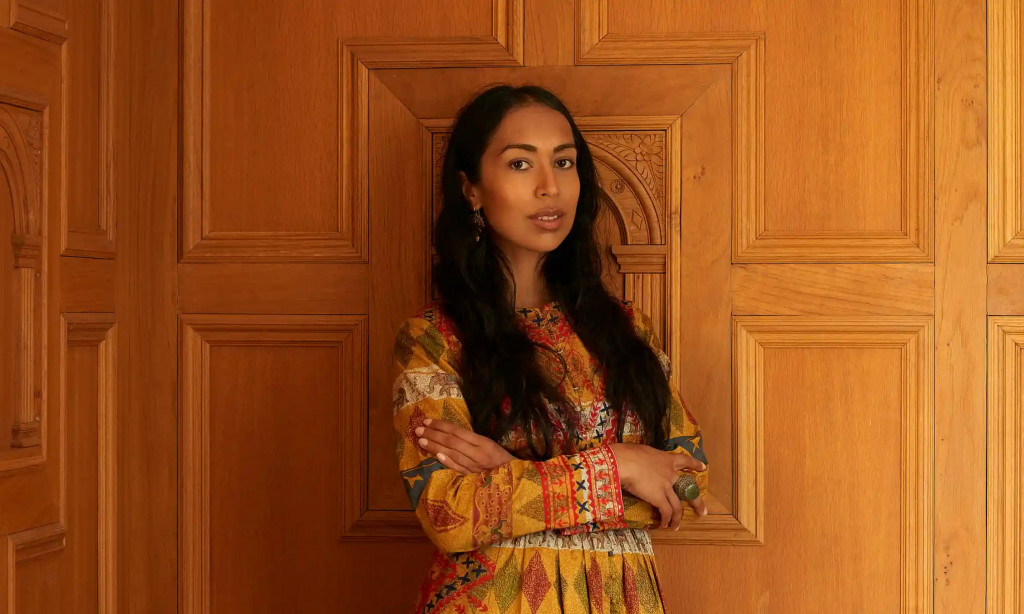
In her book The Right to Sex, Amia Srinivasan writes on the nature of this problem; when intersectionality is merely performative or a buzzword to be thrown around to suggest “wokeness”, feminism fails. She writes: “To reduce intersectionality to a mere attention to difference is to forgo its power as a theoretical and practical orientation.” Meaning that feminism which focuses only on the commonality between oppressed groups—instead of explicitly considering the experiences of queer, disabled, and black and brown folks, as well anyone who sits at an intersection between those things— only allows the least oppressed to benefit; typically rich, white, cisgender women.
To consider this in relation to the #MeToo movement is to think about the benefits of such a movement and who was rewarded from it. For example, many mainstream feminists found retribution in men being outed as predators and celebrated if any charges were brought against them. I can understand this impulse; I even felt it myself occasionally as someone who has experienced assault. Yet to cheer for carceral punishment as a kind of win when those structures—the law, the courts, prisons, the police—are institutions riddled with sexism, homophobia, transphobia, and racism feels like murky water to wade in. #MeToo may have encouraged many people to speak up as a social movement, but only those with the privilege to enter into systems without the fear of prejudice will have seen results. If you have spent the past few years watching people who look like you be murdered by police, are you going to go to them to report a rape? If you have seen a legal system wrap itself in knots about whether your gender identity or sexuality is valid, do you think you’ll feel that that same legal system—made for and by cisgender men—will come down on your side? If you have felt unsupported by a system that sees your disabled body as a burden, would you feel safe reporting the violation of that body?
It all interestingly ties together with a sense of the political upheaval of 2020; what is the role of carceral punishment when, for so many, those systems oppress more than they liberate? What use is police reform when forces refuse to accept the racism within their ranks is systematic? What use is reform when “1500 accusations of sexual misconduct, including sexual harassment, exploitation of crime victims and child abuse, have been made against police officers in England and Wales” between 2012 and 2018?
This is all the stark reality for most people who do not exist within those certain privileged classes, or Hollywood, but the jeering and excitement at men being brought to task by those same institutions that abuse so many women and trans folk feels like an odd feminist stance—celebrating the hand of state power being wielded against someone you dislike is often recourse that leads to that same hand being wielded against your own.
This criticism is not a new one. In the early days of the movement, prominent black feminists like Roxane Gay and Ava DuVernay pointed out the racism at work already in the selective outrage and the tunnel-vision regarding the end goal. The idea that Me Too was to focus explicitly on sexual harassment and how to, legally, seek justice was to remove all sense of intersectionality and act as though everyone was on the same playing field and had the same protections. Srinivasan again: “he problem with Me Too as a mass women’s movement isn’t just a lack of ‘consistent’ application of concern and outrage across racial lines.’ Instead, the “fundamental problem is the presupposition that any such movement should be grounded in what women have universally in common.” Where Hollywood feminism falls short is in its refusal to see lines of race, class, sexuality, and disability.
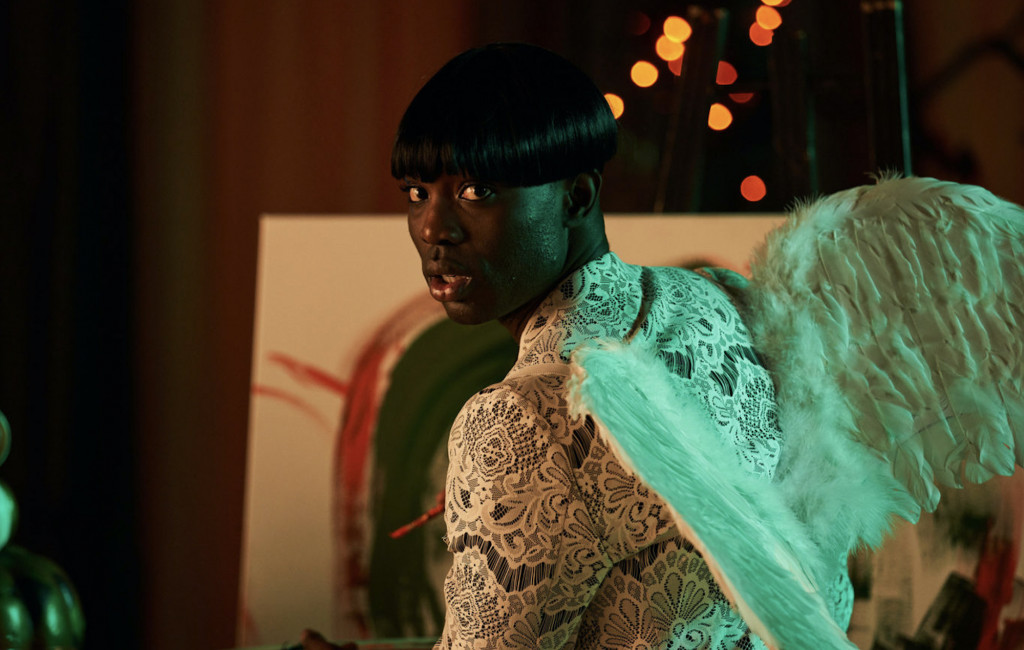
In that pub in 2017, my friends and I hadn’t felt we could seek help. For some of my friends, it was for fear of losing their job and having nothing to fall back on; for others, it was a sense of societal shame that wasn’t erased from their families or friends in the way people in the movement were suggesting it could be. As for myself, I was among the 85% of gay or bi men (at the time of my assault, I identified as male) who had not reported to a police force that has a long history of homophobia and violence against queer people; not to mention a stunning lack of awareness when it comes to sexual assault between men—something Michaela Coel’s I May Destroy You highlighted so excellently last year.
It cannot be denied that the Me Too movement has had its benefits in terms of discussion and consciousness-raising as well bringing to light just how prevalent these types of actions are; but enough time has passed now that we can see the holes—the very ones Kevin Spacey, Bill Cosby, and Louis C.K. are slipping through. Given that the focus was on legal justice, what do we do now that it hasn’t been served?
Also Read: The Journey of Black Widow


